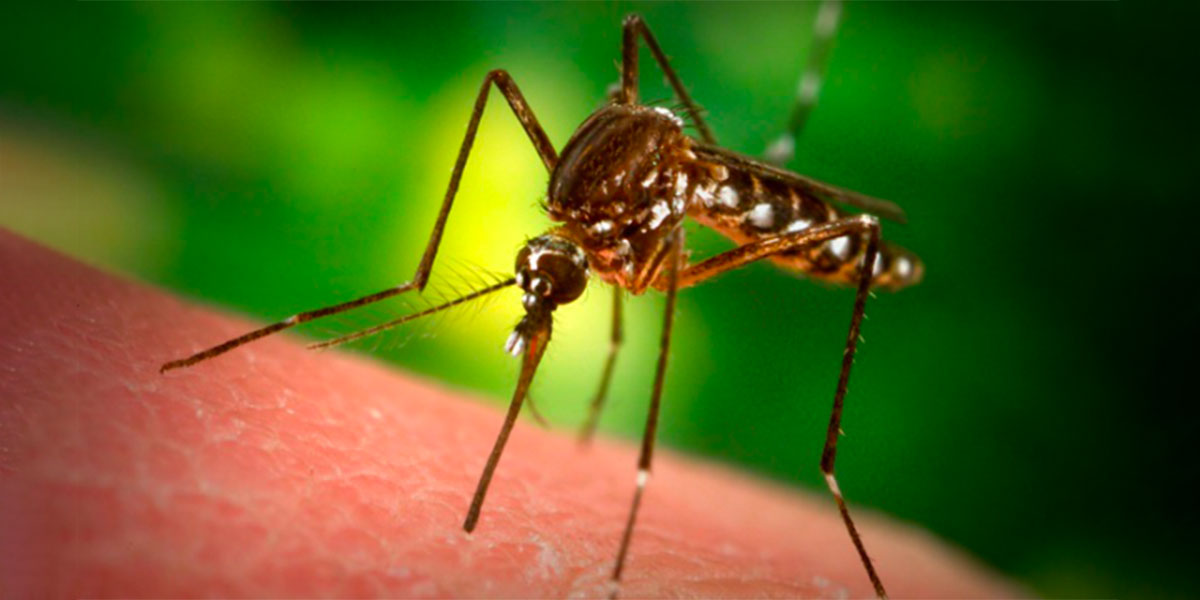We all fight mosquitoes — but these Baylor researchers have taken that fight to a new level

Mosquitoes are a fact of life each summer, and they’re far more than an annual annoyance. Globally, they’re a leading source of the spread of diseases like Zika, West Nile Virus and malaria, claiming nearly a million lives each year.
We all fight them — but these four Baylor professors have taken the fight to the next level, focusing their research efforts on distinct approaches to combatting mosquitoes:
Dr. Cheolho Sim, associate professor of biology, is searching for the genetic “on-and-off switch” that tells mosquitoes to prepare for dormancy in the winter. He is part of a team that recently earned a $532,000 grant from the National Science Foundation to, essentially, learn how to trick mosquitoes; the grant will support research into the genes that impact a mosquito’s circadian rhythm, seeking to find the trigger that tells a mosquito to get ready for a cold season. If they discover this, Sim says, they could “control the genetic on and off switch… and when the winter comes, the mosquito and the diseases they carry could not survive.”
Dr. Tamar Carter, assistant professor of biology, is a tropical disease biologist whose research has armed public health officials in Kenya with further information about types of mosquitoes found there. Carter led the lab work and genetic analysis that first uncovered Anopheles stephensi, a mosquito that transmits malaria, in Kenya. While that news was not pleasant, it was important information, and has yielded further study to determine how effective this species is at spreading malaria in Kenya.
Dr. Christopher Kearney, associate professor of biology and chair of the Institutional Biosafety Committee, sees possibilities to eradicate mosquitoes via the plants that fuel them. While many people use pesticides to kill mosquitoes, these can be problematic; the pesticide must directly contact the mosquito, and it can kill other insects as well. Kearney’s approach is to deliver toxins that kill only mosquitoes in the nectar they consume. Specifically, Kearney and his team have identified impatiens that are attractive to mosquitoes, and seek to deliver the mosquito-specific toxins in the plant’s nectar, killing mosquitoes and slowing the spread of disease.
Dr. Jason Pitts, assistant professor of biology, seeks to untangle the complex biology that spurs mosquitoes to (among other behaviors) seek out a host to bite or feed on a plant’s nectar. With a better understanding of the sensory neural basis for these behaviors, Pitts and other scientists could create new ways to control mosquitoes, with the potential to apply what they learn to existing pest management options.
Carter, Pitts and Sim are all part of Baylor’s Tropical Disease Biology Group, working within their individual labs and collaboratively to advance meaningful research and train future fighters with a focus on tropical diseases. The motto of Sim’s lab is, “Driven by science, guided by compassion,” a summation that captures Baylor’s efforts in tropical disease and mosquito research nicely.
Sic ’em, Baylor mosquito researchers!

